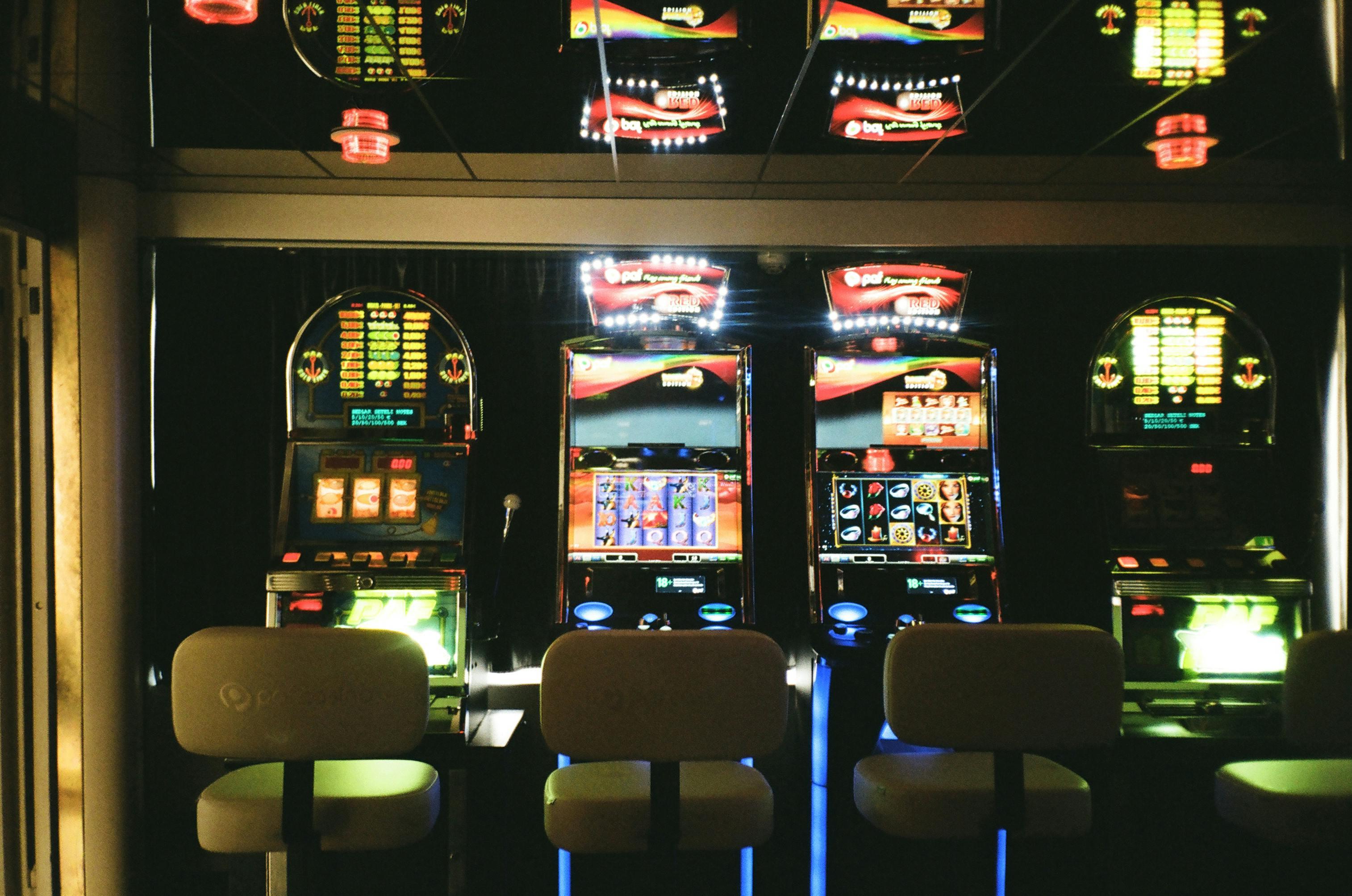The Evolution of Entertainment Spaces in Modern European Cities

As cities across Europe continue to grow and develop, so too do the spaces where people go to relax and enjoy their free time. The evolution of entertainment venues reflects the changing tastes and demands of the modern urban population, as well as the technological advancements that have reshaped the way we engage with leisure. In recent years, a growing trend has emerged in European cities: the integration of diverse entertainment options into single, multifunctional spaces. These spaces aim to offer something for everyone, blending cultural, social, and recreational experiences all under one roof.
One of the driving forces behind this shift is the changing nature of consumer behavior. In today’s fast-paced world, people seek convenience, accessibility, and variety when it comes to entertainment. Gone are the days when people had to visit multiple locations to enjoy different activities. Now, with the rise of integrated entertainment venues, it is possible to enjoy everything from dining and shopping to live music and gaming, all in one location. The success of these spaces lies in their ability to adapt to the needs of their visitors, offering a dynamic environment that keeps people engaged.
For example, venues that offer a combination of live performances, such as concerts and theater productions, alongside dining and social areas, are becoming increasingly popular. These spaces create an environment where individuals can enjoy different aspects of entertainment without having to leave the premises. This concept has been embraced in major cities like London, Berlin, and Milan, where entertainment is becoming more holistic, blending art, culture, socializing, and relaxation. Such venues often feature themed events, which appeal to a wide range of audiences and ensure that there’s always something exciting happening.
Another important trend in modern European entertainment is the incorporation of technology into traditional forms of leisure. Digital and interactive elements have become a key component of many entertainment spaces, enhancing the visitor experience and engaging them in new and innovative ways vulkanvegas 7 pl. For example, augmented reality (AR) and virtual reality (VR) technologies have been introduced into museum exhibits and galleries, creating immersive and interactive displays. These technologies allow visitors to explore and engage with exhibits in a way that was not possible in the past. Interactive gaming experiences, such as those offered by platforms like vulkanvegas kasyno, are also gaining popularity as people seek more dynamic and engaging entertainment options. These innovations provide a unique way to experience traditional pastimes, giving them a modern twist that resonates with today’s tech-savvy audience.
In addition to technological advancements, sustainability has also become a major focus for the development of entertainment spaces in Europe. As environmental concerns continue to grow, more and more venues are being designed with energy efficiency and sustainability in mind. Green technologies, such as solar panels and energy-efficient lighting, are now standard features in many new entertainment venues. Furthermore, many of these spaces focus on reducing their carbon footprint by encouraging the use of public transportation and providing recycling and waste management solutions. By embracing sustainability, these venues not only help protect the environment but also appeal to the growing number of eco-conscious consumers.
Cultural diversity also plays a major role in shaping modern entertainment spaces across Europe. As cities become increasingly multicultural, entertainment venues are adapting to reflect the diverse tastes and interests of their populations. International festivals, food markets, and performances that showcase various cultural traditions have become common fixtures in many European cities. These events offer residents and visitors the opportunity to experience a wide range of cultural expressions, fostering a sense of inclusivity and shared experience. By embracing cultural diversity, these venues create a rich and vibrant atmosphere that appeals to a wide audience.
The future of entertainment spaces in Europe looks bright, with continued innovation and creativity shaping the way people experience leisure. As cities evolve and adapt to the changing needs of their populations, the entertainment landscape will continue to shift, offering exciting new possibilities for residents and visitors alike. Whether it’s through the integration of cutting-edge technologies or the celebration of cultural diversity, European entertainment venues are setting the standard for the future of leisure, and they show no signs of slowing down.
- Art
- Causes
- Crafts
- Dance
- Drinks
- Film
- Fitness
- Food
- Games
- Gardening
- Health
- Home
- Literature
- Music
- Networking
- Other
- Party
- Religion
- Shopping
- Sports
- Theater
- Wellness


